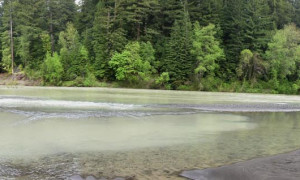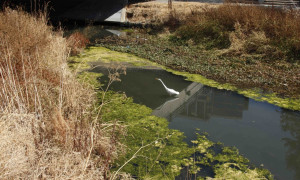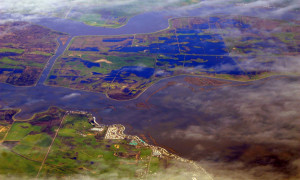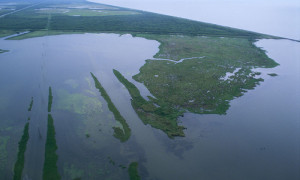Resolving complex public policy disputes requires that interested parties share an understanding of the technical dimensions of the problem they face. Too often, when groups disagree about the merits of a policy or project, they use their own technical reports and experts to promote their own views. Through an approach we call Joint Fact-Finding, we help parties mobilize the best available information and avoid the pitfalls of “advocacy science” or “battle of the experts”.
We do this by helping parties pool relevant information and “translate” it into a format that can be used by decision-makers and others to create the foundation for broad-based consensus. As neutrals, we assist parties to recruit experts who are in practice and perception broadly regarded as credible. We help negotiators to sort out the basis for apparently scientific disagreement. And, we work hard to create a transparent linkage between technical advice and real-world policy options.
Joint fact-finding has several elements. Besides pooling information, joint fact-finding involves face-to-face dialogue between technical experts, decision-makers, and other key stakeholders. Another significant aspect of the process is that while working towards consensus, we “map” areas of scientific agreement and to narrow areas of disagreement and uncertainty. Often we work with participants to produce a single negotiating text to record the results of the joint fact-finding process. The concept of a single text simply means that participants use a single document to focus discussion, rather than arguing over competing versions of facts and recommendations. Utilizing the joint fact-finding approach often results in savings or time and money due to avoidance of unnecessary duplication of information, and agreements between parties with no prior track record of agreement.






